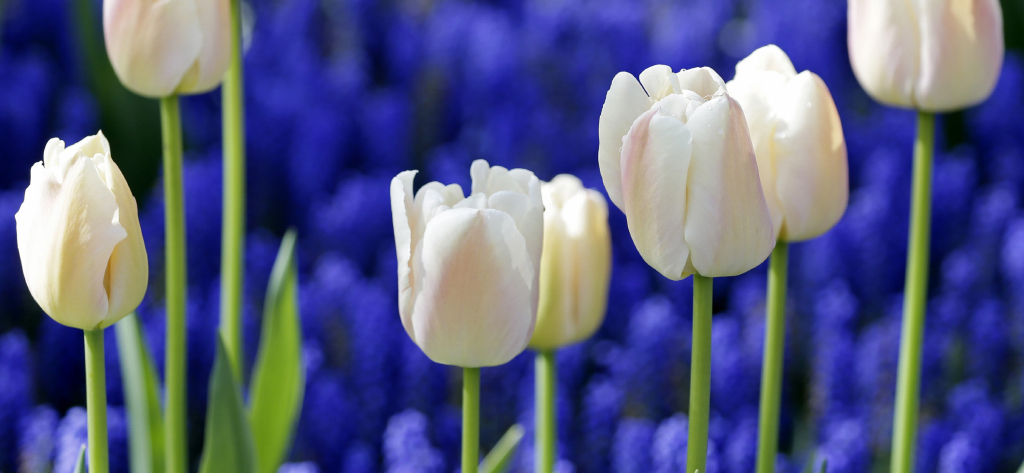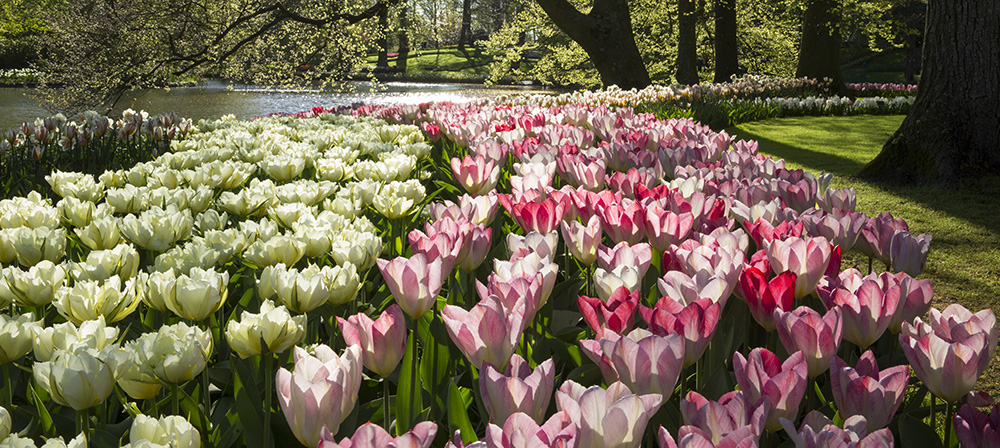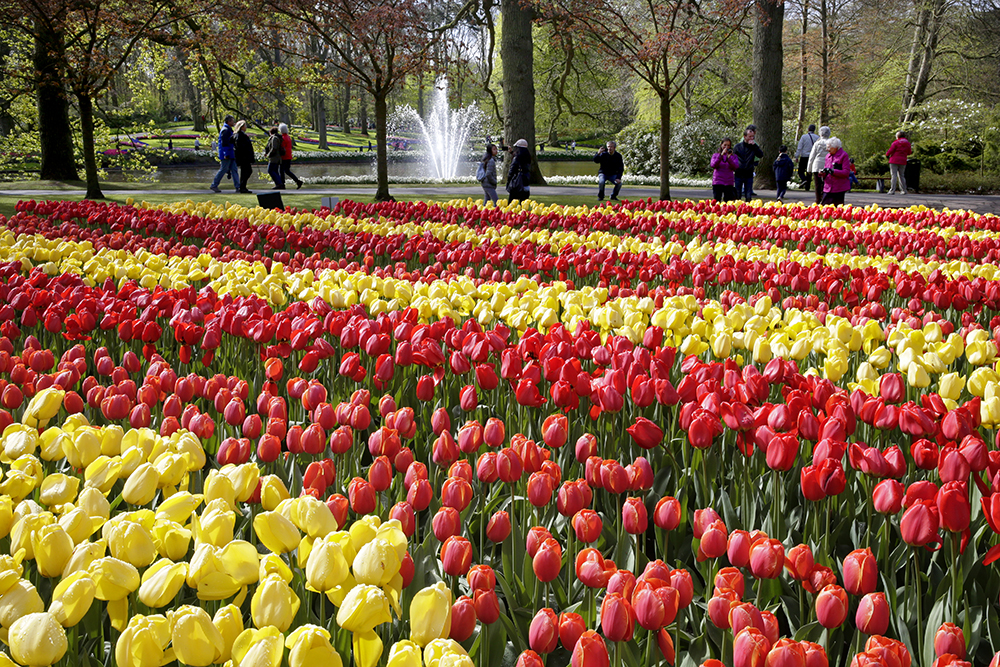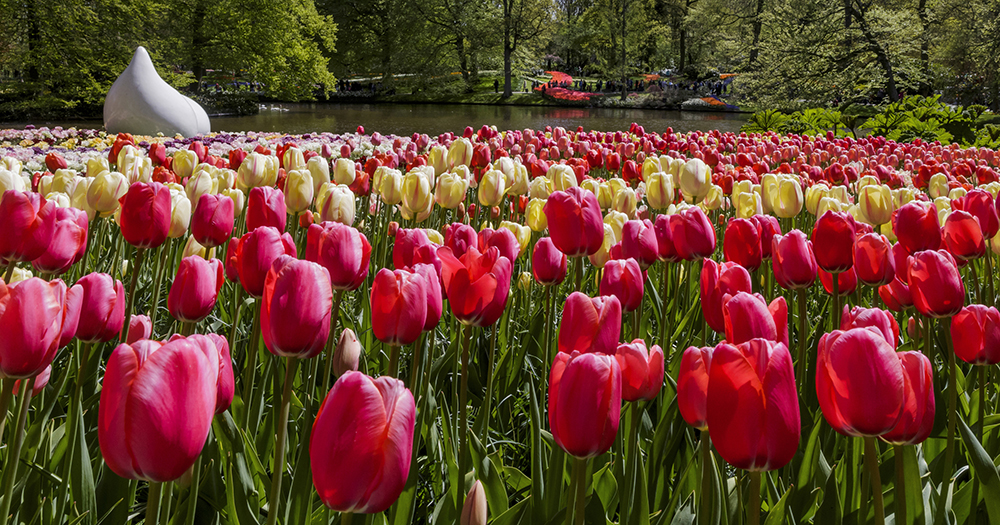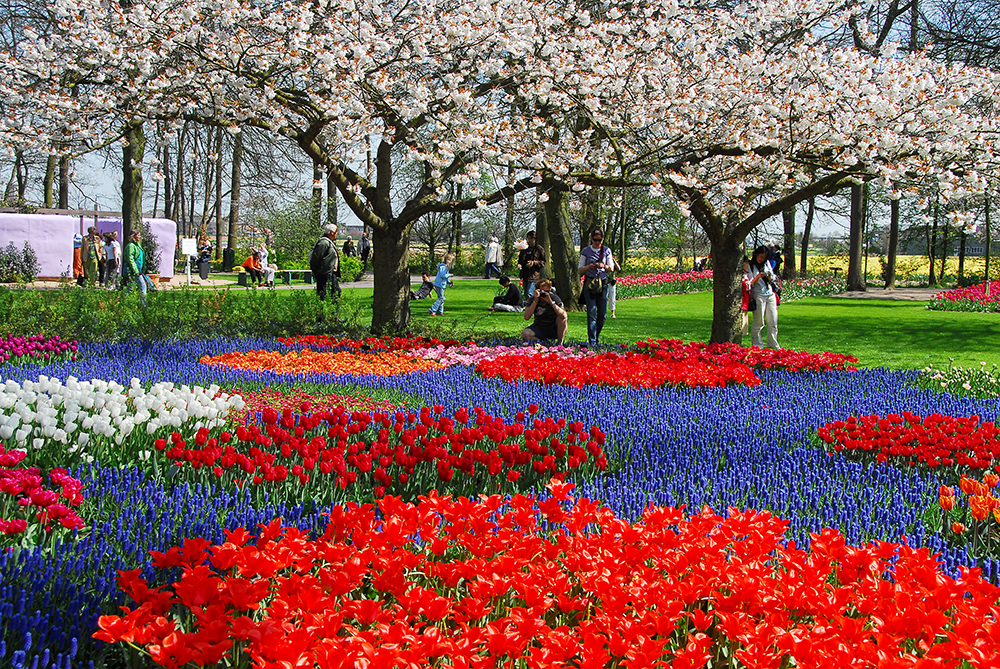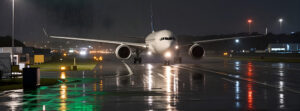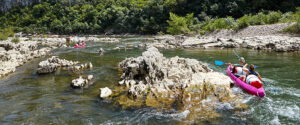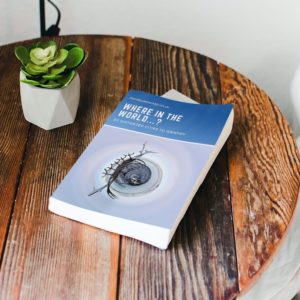It was back in the early nineties when I first visited Keukenhof. The trip was my first as a fully fledged travel writer. That was back in the days before iPhones and iPads and laptops, if you had one, weighed as much as a slab of concrete. The other day I discovered the VHS video tape I was given of Keukenhof on that visit and I don’t have anything to play it on. Never mind I have a memory stick with their promotional video on it that fits in my pocket.
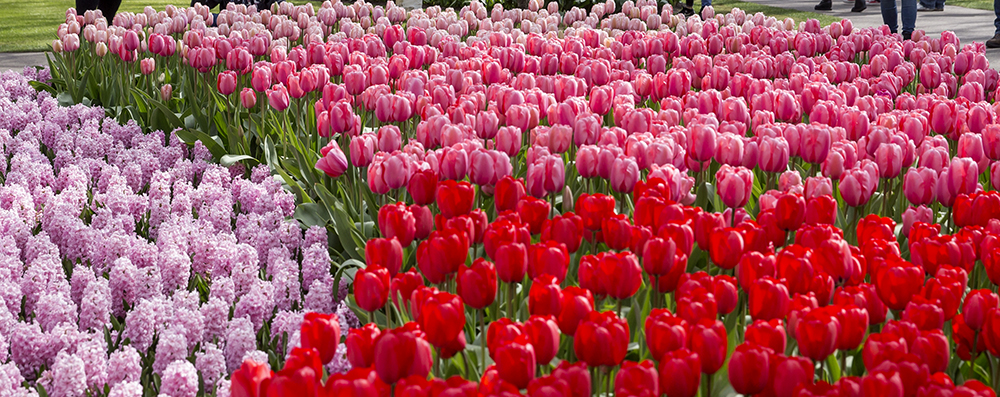
I remember that visit like it was yesterday. The sweet smell of hyacinths was all pervading with a hint of narcissi notes every now and then. Stretching away to a small lake was a palate of eye-searing intense colour. Tulips of almost every colour imaginable, narcissi of all shades from white to sunshine yellow and delicate apricot mixing with hyacinths of every shade of pink, blue and white filled the beds beneath the trees and bordering the many paths. It was enough to take your breath away.
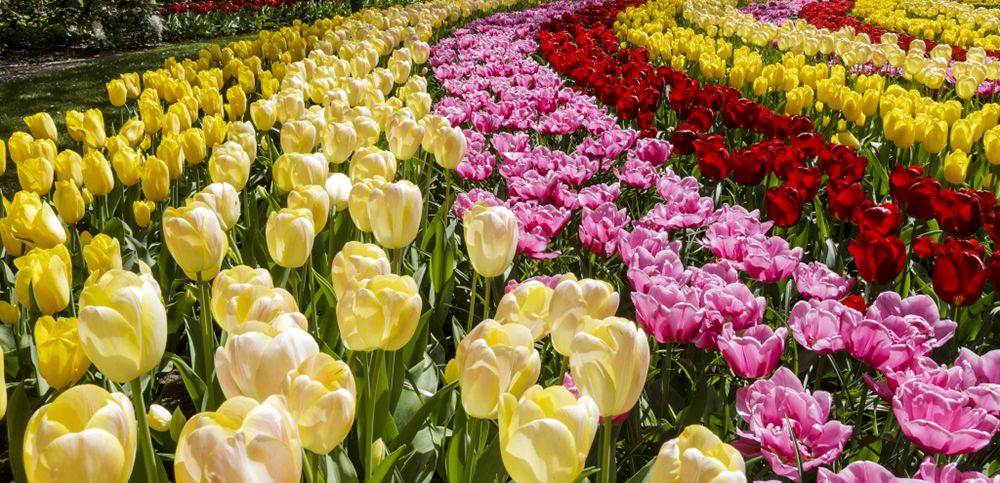
Keukenhof was created as an initiative by ten flower bulb growers and exporters as a showcase for the flower industry. In 1949 the gardens of Keukenhof opened to the public for the first time. The gardens cover 32 hectares in which 7 million bulbs are planted. These are supplied by 100 hundred exhibitors completely free of charge eager to showcase their products.
Although the focus is on the flowering bulbs there are several pavilions devoted to other flowers such as orchids and lilies. There are exhibitions to visit, a sculpture park and a changing selection of flower shows and flower arranging sessions.
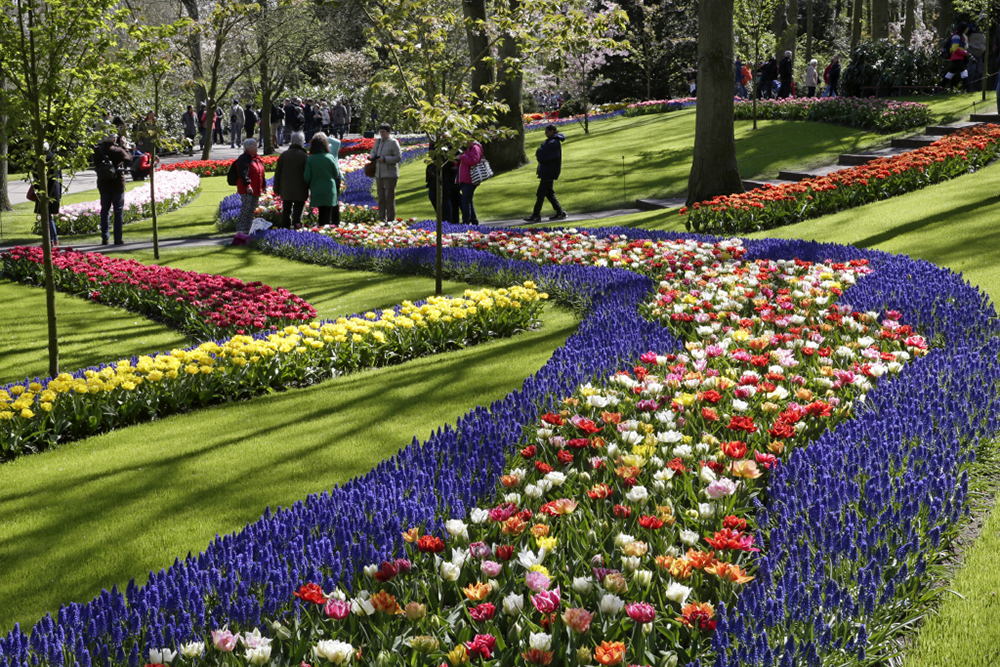
The Keukenhof gardens are redesigned every year. Each time I have revisited the gardens the are different. There are of course permanent features such as the lake that are a constant but the layout of the borders changes.
The beds are often double or triple planted in layers so there is constant interest. As early bulbs die back the mid season bulbs come into bloom ensuring there is always colour. The borders at Keukenhof are planted and maintained by forty gardeners.
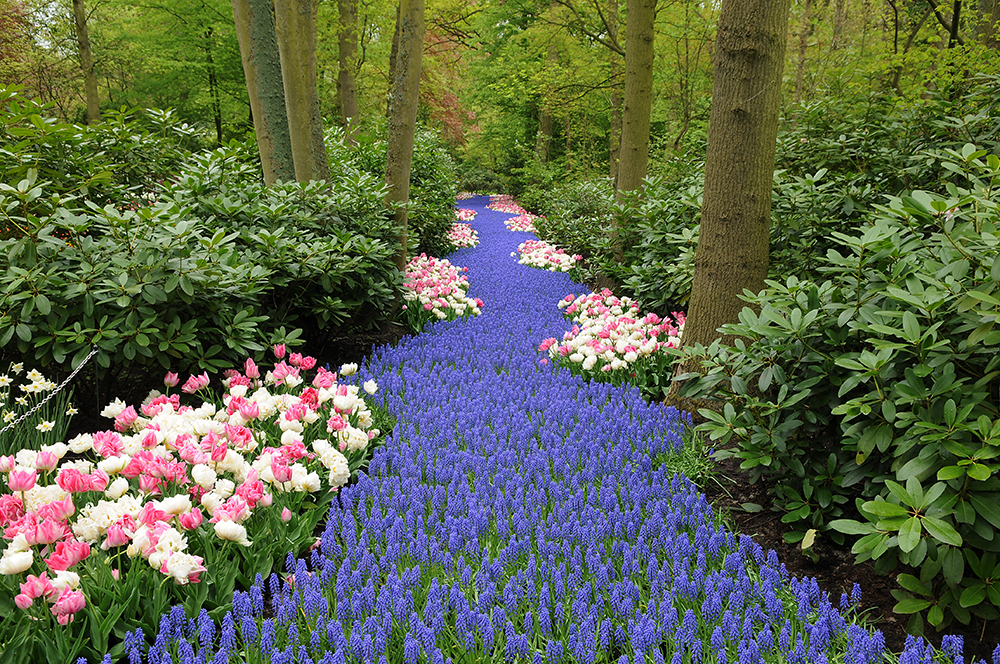
Every year there is a different theme. The theme for 2016 is”The Golden Age”. The Golden Age is the era when the Netherlands had a prosperous period in trade, science and art. This is also the period when the world was being discovered and the tulip trade flourished. The highlight is a flower bulb mosaic showing a Delft Blue tile on which trade across the seas and the rich canal-side houses of Amsterdam are depicted. The mosiac has an area of 250m² and uses 100.000 flower bulbs.
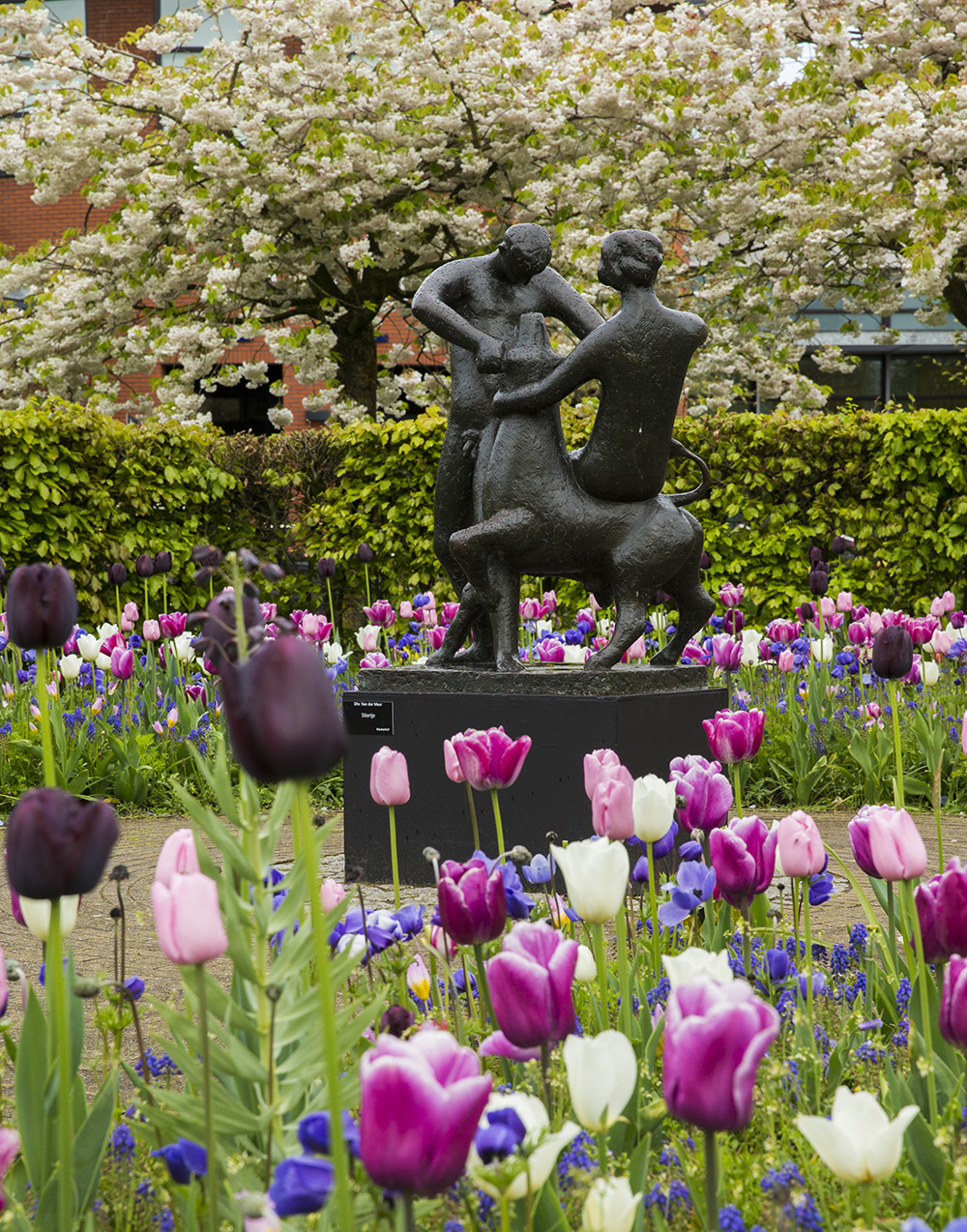
Keukenhof is only open for eight weeks of the year and will close on May 16 in 2016. It is easily accessible from Amsterdam and Schipol Airport and is right in the middle of an area known as the “Bollenstreek” or bulbfields. These can be explored easily on a bike (remember the Netherlands is flat). The sight of vast fields of colour stretching away past a windmill to the horizon is quintessentially Dutch.
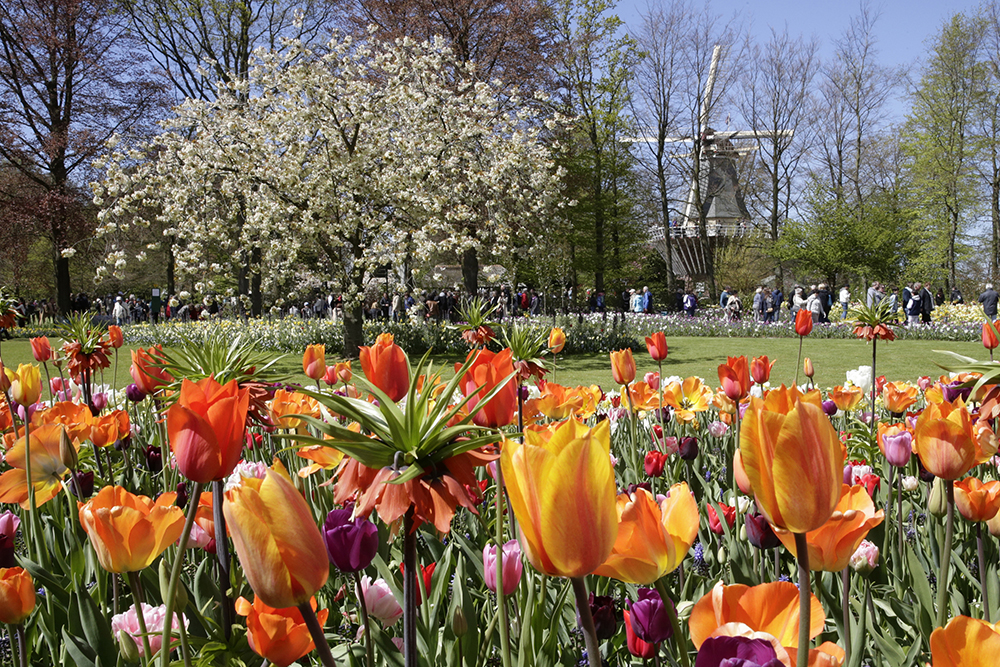
The bulbfields and Keukenhof are the ideal destination for a short break that can easily be combined with a short trip to Amsterdam.
Link: www.keukenhof.nl
Enjoy the visual feast of photographs from Keukenhof by scrolling down.
